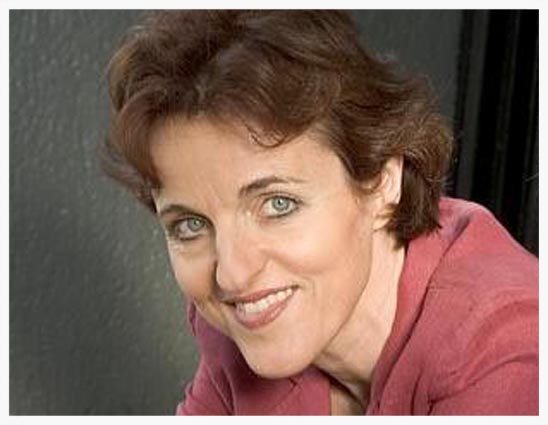Bonjour, Cecilia. Bienvenue à BOLLI!
September 30, 2020
by Phil Radoff and Jack Curley

Concert pianist and musical academician Cecilia Dunoyer is BOLLI’s newest Study Group Leader. Those members lucky enough to have found a place in her first BOLLI course, which debuted this fall, will be introduced to the Paris art scene in the 1920s, a period rich in artistic innovation in music, painting, dance, and literature.
Aptly named for the patron saint of music and musicians, Cecilia was born in Libya of French parents and has traveled and performed widely in the US and abroad. She also has lived in Italy, Austria, Switzerland, and France, but has been a US citizen for many years. She arrived in the US in her early twenties to attend the prestigious summer music program at Interlochen, which led to a full scholarship at the equally prestigious music department of the University of Michigan. Cecilia came to Boston about two years ago after a lengthy residence at Penn State, where she was a member of the music faculty.
Cecilia was drawn to Boston when daughter Juliette was attending the New England Conservatory of Music. (Her sons, François and Emile, are, respectively, a math professor at Princeton and a stand-up comic/high school teacher in Manhattan.) Cecilia quickly discovered the city’s many performance venues, including Symphony Hall and Jordan Hall, both of which she compares favorably to sites in New York City and Europe. She equates Symphony Hall to Vienna’s Musikverein because both are rectangular in shape (“built like a shoe box,” she says), which she feels provides excellent acoustics.
As a pianist, she has appeared in musical venues throughout Europe and America, performing a wide variety of works by composers such as Mozart, Ravel, Poulenc, Prokofiev, and Gershwin. When asked about the relationship between conductor and soloist during a performance, Cecilia notes that differences of opinion on matters of interpretation “afford an opportunity for discussion and collaboration,” allowing the performers to “end up in an even better place.” In those rare instances when there is no agreement, the soloist must have the last word. She hastened to add that she has almost always been fortunate to perform under the baton of a friend or colleague whom she respects.
While Cecilia identifies more as a performer than as an academic, she greatly enjoys teaching and the opportunities it affords to share her knowledge and love of music via “the connectivity in language.” She has taught at Penn State and has given all-day lecture-demonstrations at the Smithsonian Institute in Washington on topics such as Erik Satie: Charlatan or Genius?, A Century of French Music: Saint-Saëns to Messiaen, and Maurice Ravel: Genius of La Belle Époque.
Cecilia is the author of two books, a 1993 biography of the outstanding but, alas, not sufficiently well-known mid-20th century pianist Marguerite Long, who premiered Ravel’s Piano Concerto in G, dedicated to her by the composer (Marguerite Long, A Life in French Music), and Debussy in Performance, published in 2000. The Debussy book is devoted to consideration of performances of the composer’s early piano music.
Among Cecilia’s many non-musical passions are Earl Grey teas from Thés Mariage Frères, a tea salon and Parisian landmark since 1843. Although now far removed from the Left Bank, Cecilia feels fortunate to have discovered Praliné, a French bakery located in Belmont that not only sells Thés Mariage Frères, but also bakes “the best croissants found outside of Paris.”
When not involved in teaching, writing, or classical music pursuits, Cecilia “loves to be in nature,” hiking, mountain climbing, or biking. Around town, she typically bikes 80 to 100 miles per week. She is also a jazz aficionado, and particularly enjoys pianist Bill Evans’s solo performances. Cecilia recalls that when caring for her first two infants, she often sought peace in the music of Mozart. For reasons that remain a mystery, the arrival of her third child brought with it a change in musical taste, with Bill Evans emerging as the new nursery favorite.
Cecilia’s website is replete with quotes from American authors. One of her favorites is attributed to John A. Shedd: “A ship in harbor is safe — but that is not what ships are built for.” After spending time with Cecilia Dunoyer, one quickly learns that new ports of call are likely to be found just over the horizon.